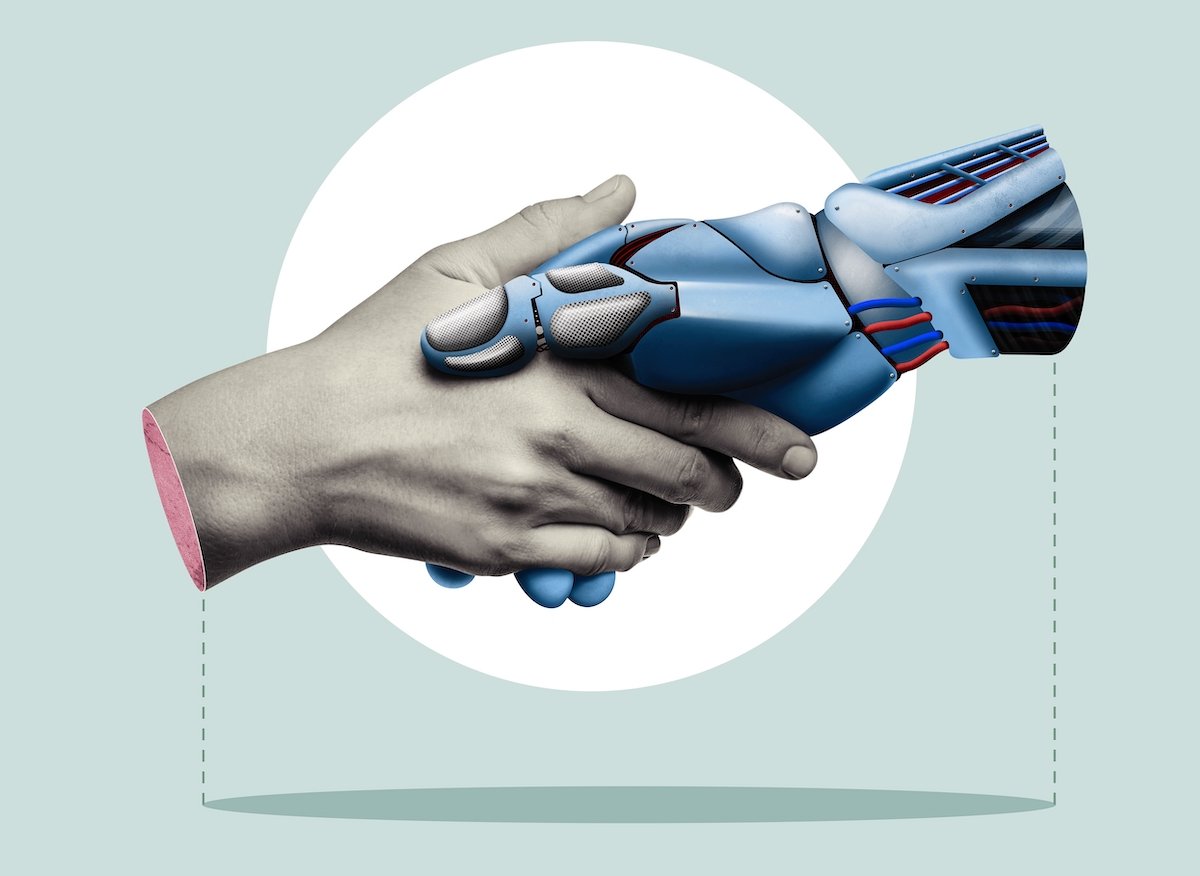- TECHSWU
- Posts
- TECHSWU
TECHSWU


Is the universe expanding faster than ever? Recent findings suggest it just might be! Astronomers are diving deep into cosmic acceleration, a fascinating phenomenon indicating that galaxies are not only drifting apart but doing so at an increasingly rapid pace. Groundbreaking work from the James Webb Space Telescope (JWST) has corroborated earlier data collected by Hubble, tackling the notorious “Hubble tension” that has challenged existing models.
By employing innovative methods like standard candles, researchers are refining distance measurements, bringing them closer to resolving the mysteries surrounding the cosmos. Despite the excitement, debates about dark energy and modified gravity theories loom overhead.
However, the advancements in observational technology and ongoing research keep the hope alive for profound discoveries about our universe’s behavior.


In an age where artificial intelligence influences nearly every aspect of our lives, the need for "trustworthy AI" has never been more urgent. Trustworthy AI encompasses systems designed to be fair, reliable, transparent, and accountable, addressing the growing public skepticism due to past errors and biases.
With AI making decisions that affect everything from healthcare to finance, developers must ensure these technologies align with human values and ethics. This article outlines key principles of trustworthy AI, including fairness, transparency, privacy, and human oversight, while highlighting various frameworks and guidelines from organizations like the OECD and the European Commission.
As brands commit to responsible AI practices, they not only build trust but also pave the way for broader acceptance of AI technologies. Ultimately, the responsibility lies with leaders to create systems that enhance society rather than undermine it.

As businesses increasingly eye Bitcoin, the cryptocurrency is shedding its former speculative image to emerge as a strategic asset. MicroStrategy's remarkable 501% stock gain, attributed to its Bitcoin investments, has sparked a wave of corporate interest, with companies like Marathon Holdings and Acurx Pharmaceuticals joining the fray.
With Bitcoin recently soaring past $100,000 and forecasts suggesting a potential $150,000 valuation by 2025, it's becoming a prime candidate for inflation hedging and is even seen as a contender to replace gold as the go-to store of value. Support from political figures like Donald Trump and shifts in regulations amplify Bitcoin's allure, driving institutional adoption and the rise of Bitcoin-focused ETFs.
However, the cryptocurrency's inherent volatility remains a concern for many investors, signifying that despite the excitement, the road to widespread corporate adoption could be fraught with challenges and debate over its value in financial strategies.

Technology is transforming the future of religion in surprising ways! As traditional faith practices see a decline in the West, innovations like smartphone apps, social media, and even AI are making spiritual exploration more accessible than ever. From local community leaders to global online movements, people are turning to platforms like TikTok and Instagram to seek answers and share their beliefs.
AI-powered tools, like robot priests and chatbots, are enhancing rather than replacing faith, guiding seekers with knowledge and even creativity. For example, AI is helping religious leaders craft modern sermons while robot figures like Mindar engage visitors at temples.
As faith finds new expressions, Sister Ilia Delio notes that spirituality isn't disappearing; instead, it's evolving alongside technology. While this new landscape sparks debate on personal connection and authenticity, it also offers exciting opportunities to make religion relevant in our digital age.

New Jersey's skies are buzzing with the rise of drones, ushering in a future filled with innovation and challenges. As companies like Amazon test drone delivery services, these aerial marvels promise to enhance efficiency while reducing traffic and carbon emissions.
Drones have also become indispensable in emergency management, aiding the New Jersey State Police in search and rescue operations. However, the surge in drone usage brings concerns regarding privacy and airspace regulation, prompting lawmakers to develop policies to ensure responsible use.
The state is even considering drone corridors to streamline operations safely. Beyond logistics, the drone industry is poised to drive economic growth through job creation in manufacturing, data analysis, and software development.
As New Jersey pioneers this technological transformation, its skies may soon become a blueprint for the cities of tomorrow, showcasing the limitless potential of drone technology in everyday life.

YouTube is ramping up its fight against clickbait by cracking down on deceptive titles and thumbnails that mislead viewers. With the rise of sensationalist content that promises more than it delivers—especially in high-stakes areas like politics and current events—YouTube aims to restore viewer trust.
The platform will implement stricter enforcement measures, starting with a gradual rollout in India, where content violating the new standards will initially be removed without penalty. Instead of punishing creators, YouTube will focus on educating them about the importance of accurately representing their content.
This approach is designed to minimize viewer frustration and ensure that users can find the timely and relevant information they seek without falling victim to misleading hype. It's a move that could significantly reshape the platform's landscape, promoting authenticity and a better experience for users and creators alike.

AI voice cloning technology is revolutionizing communication by enabling rapid and convincing reproduction of human speech. While this innovation offers remarkable benefits—like giving voice to patients who have lost theirs and enhancing entertainment—the darker side raises real concerns.
Criminals exploit the technology for scams, posing as loved ones to extort money and commit fraud. Pioneering companies like Ukraine’s Respeecher have shown the power of AI voice cloning in film, crafting voices so accurate they’re nearly indistinguishable from the originals.
However, the rapid accessibility of this technology risks misinformation and unethical usage. Experts, including Professor Brent Mittelstadt, underscore the urgent need for regulation to combat potential dangers, as both the U.
S. and EU take steps forward while the UK lags behind.
Balancing innovation with security remains critical as we navigate this brave new world of AI-driven conversation.
